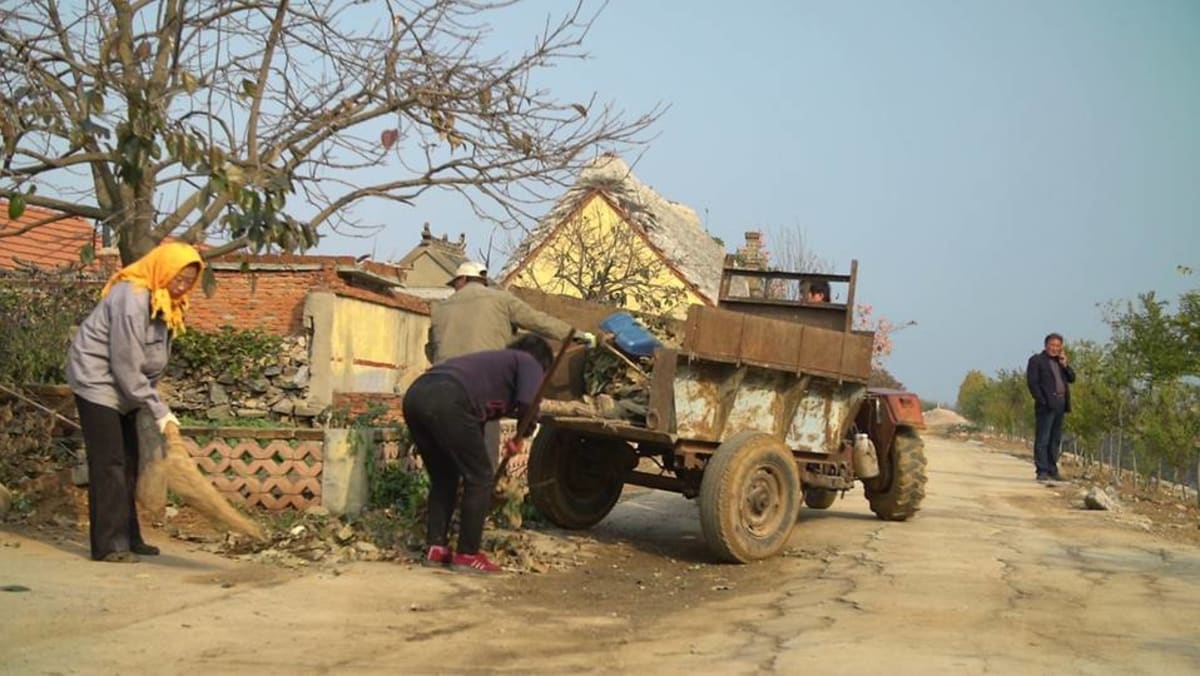Yes, agree with you there. Things are getting more hyper-partisan, not just within the US but aboard in global relations too. Curious, was your experience in BC? I know the Vancouver area has a big population of Chinese/Taiwanese/HKers, right?Fair point, and a good reminder for me to check up on additional academic sources to see if anything more recent has come up outside of mainstream political sources.
My intent was trying to illustrate more of your second point, in that just having a conversation is so much more helpful than being reactionary, or to move past a superficial understanding of the culture. I may also be projecting my own habits, but it's easy to see how we can get trapped as well, when we ourselves don't make use of this freedom to examine outside sources.
My anecdotal experience is less academic and more in terms of globalized business experiences - my previous employment included Chinese of all sorts - Taiwan, Mainland, HK, etc. (actually I am surprised, because it felt like nearly a third or quarter of the overall staff had Chinese roots, which I find rare in Canada), and including the various partners we would meet across Asia (not solely China) on various design projects, creating a lot of exposure to various Asian cultures. While it might be politeness from a business perspective, it was also at least a good common ground to have discussions, away from purely what's being blasted in headlines both in the media on this side of the hemisphere and over there. When it did become an issue where something more politically sensitive would be discussed, the locals always had a number of creative alternatives to get around it.
I admit the only one time I actually did have an eye roll moment was from a mainland Chinese colleague in regards to local building codes and their statement of how much more precise it was than North American, Japanese and European standards from a technical perspective, but even in that respect those are developing very quickly.
As far as I see it the biggest issue with the reactionary style, is something I think the left is way more guilty of, which is that a vast swath of people right now care only about virtue signaling. So, a lot of people don't want to have that conversation and only care about being morally correct/superior, because A) they get to feel good about themselves, get woke dollars from their friends and B) They don't actually have to know anything or have any vested interest in what they're virtue signaling (like 3/4th of era if I'm being honest). It's harder to talk to these people and trying to broaden their view because they're much more dismissive toward having an intellectual debate, because all that matters are the brownie points which totally eviscerates any nuance from the conversation. And in a world with 8 billion people, nuance is the sauce of the day, so we really need to bring people back and remove their ambivalence toward honest intellectual debates. You really have to be on the ball and be motivated for these discussions. So many people will default to the tired diversions of strawman, no true scotsman, whataboutism, etc. because it's easy. But we try and we have to call them out on their bullshit, politely.
Haha, yeah. I would guess experience in the business world may be a little less revealing, politically speaking. Have you seen the Chapelle's Show episode where the whiteface 'boss' character is talking to Dave about sex with his wife and Dave tries to talk about politics? Haha Is it accurate?
crazillo, awesome post. Thanks for sharing. I'm pretty interested in hearing more about granular level details about the education system changes. My wife was born in 1989, so she would have been one of the first classes to have seen those reforms.
You're completely ignoring the central thesis of their statement which is that opposition voices are being silenced. Not that they don't exist, but due to the hyper-surveillance, the social credit system and increasingly harsher penalties for speaking out against the CCP, they're scared to speak their mind.I absolutely do not agree with that, especially not the bolded, and I think it's highly problematic to talk about Chinese people in terms like hive mind.
Couple this with the rhetoric coming from the state media and you have nationalism that continues to feel more emboldened.
Last edited:



